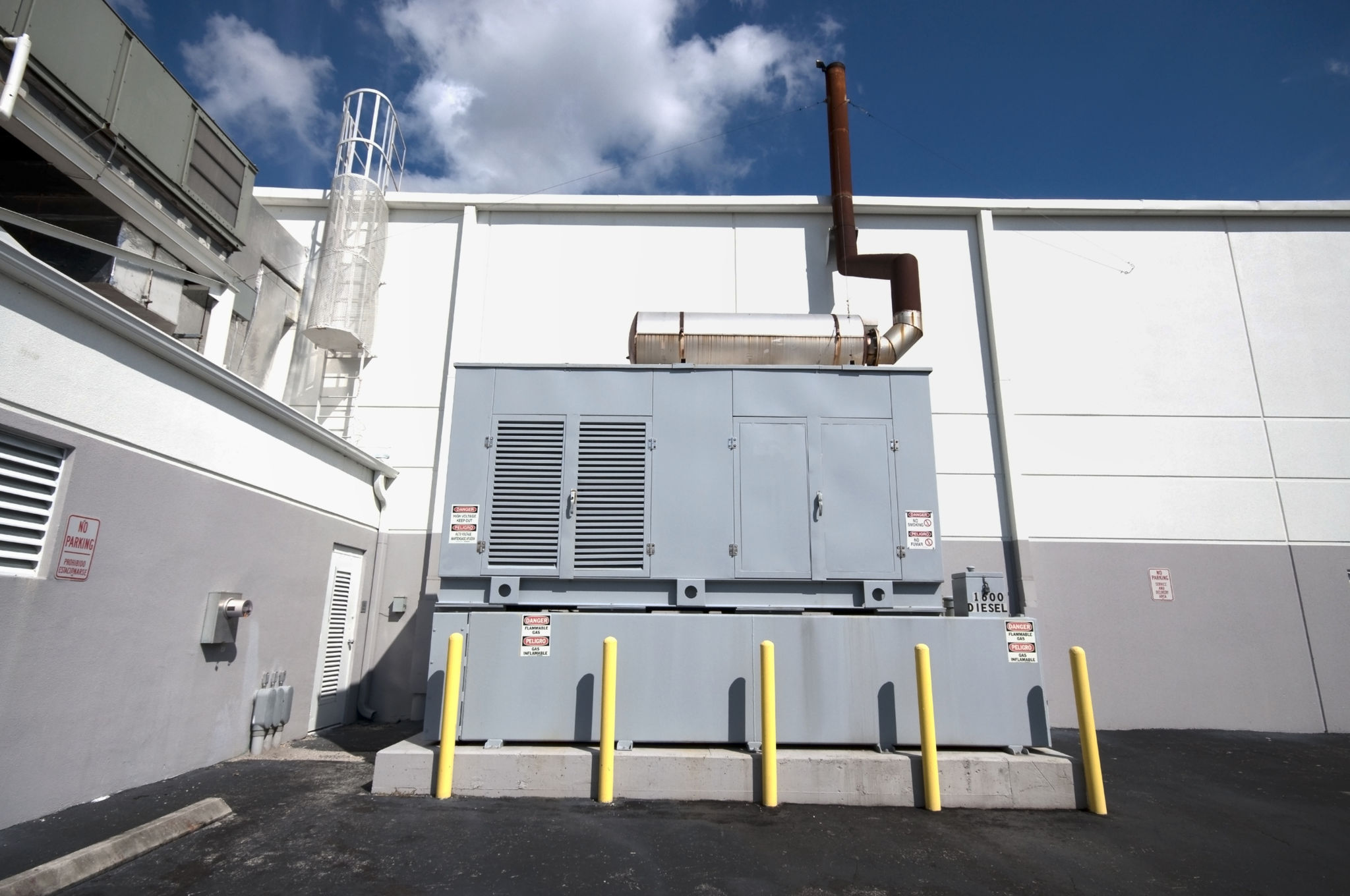The Ultimate Guide to Choosing the Right Generator for Your Home
Understanding Your Power Needs
Before investing in a generator for your home, it's crucial to understand your specific power needs. Generators come in various sizes and power outputs, so identifying the essential appliances and devices you need to keep running during an outage is a vital first step. Consider items like refrigerators, HVAC systems, lighting, and medical equipment.

To get started, make a list of these critical appliances and their wattage requirements. This will give you a baseline understanding of how much power you need during an emergency. Remember, it's not just about keeping the lights on – it's about ensuring comfort and safety during unexpected outages.
Types of Generators
Generators fall into two primary categories: portable and standby. Each type has its own set of advantages and disadvantages, making them suitable for different needs and budgets.
Portable Generators
Portable generators are versatile and can be used for a range of applications. They are generally more affordable than standby generators and can be easily moved to where they are needed. However, they often require manual setup and regular refueling, which can be less convenient during a prolonged power outage.
Standby Generators
Standby generators are permanently installed outside your home and are connected to your electrical system. They automatically kick in when the power goes out, providing seamless power restoration. While they offer convenience and reliability, they come with a higher price tag and installation costs.

Fuel Types
Generators can run on various fuel types, including gasoline, diesel, natural gas, and propane. Each fuel type has its own benefits and limitations, so it's essential to consider availability, storage, and cost.
- Gasoline: Easily accessible but has a short shelf life and requires careful storage.
- Diesel: More efficient than gasoline but may have limited availability for residential use.
- Natural Gas: Convenient if your home already has natural gas lines, but not available in all areas.
- Propane: Long shelf life and clean-burning, but may need special storage solutions.
Key Features to Consider
When selecting a generator, look for key features that align with your power needs and lifestyle. Automatic start capabilities, noise levels, fuel efficiency, and safety features are all important considerations. Some models offer smart technology integration, allowing you to monitor performance via a smartphone app.

Additionally, consider the maintenance requirements for the generator. Regular maintenance ensures optimal performance and longevity, so choose a model with manageable upkeep.
Budgeting for Your Generator
Cost is an important factor when choosing a generator. Establish a budget that includes not only the purchase price but also installation, fuel costs, and potential maintenance expenses. While it may be tempting to opt for the least expensive model, investing in a reliable generator can save you from future headaches during power outages.
Consider financing options or incentives that may be available for purchasing energy-efficient models. This can ease the financial burden of your investment while ensuring you're adequately prepared for emergencies.
Installation and Safety
Proper installation is crucial for the safe operation of your generator. For standby generators, professional installation is recommended to ensure compliance with local codes and regulations. Portable generators should be used outdoors in well-ventilated areas to prevent carbon monoxide poisoning.

Always follow manufacturer instructions carefully and conduct regular safety checks to minimize risks. Investing in carbon monoxide detectors is a wise precaution to protect your household from potential hazards associated with generator use.